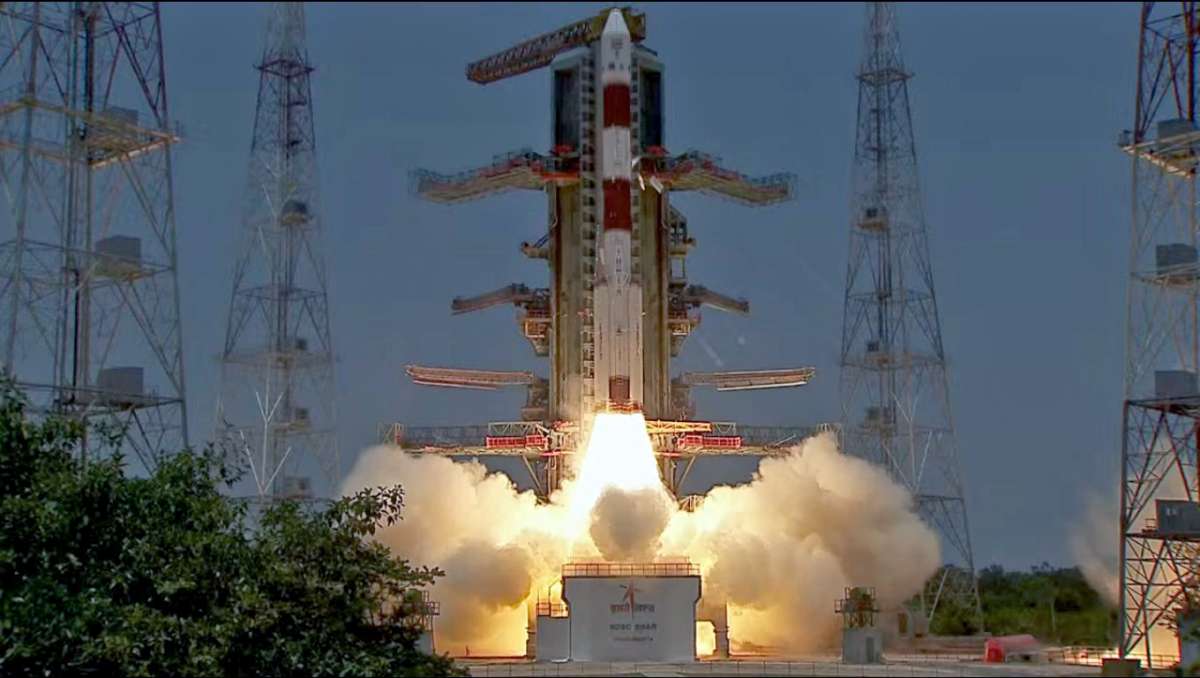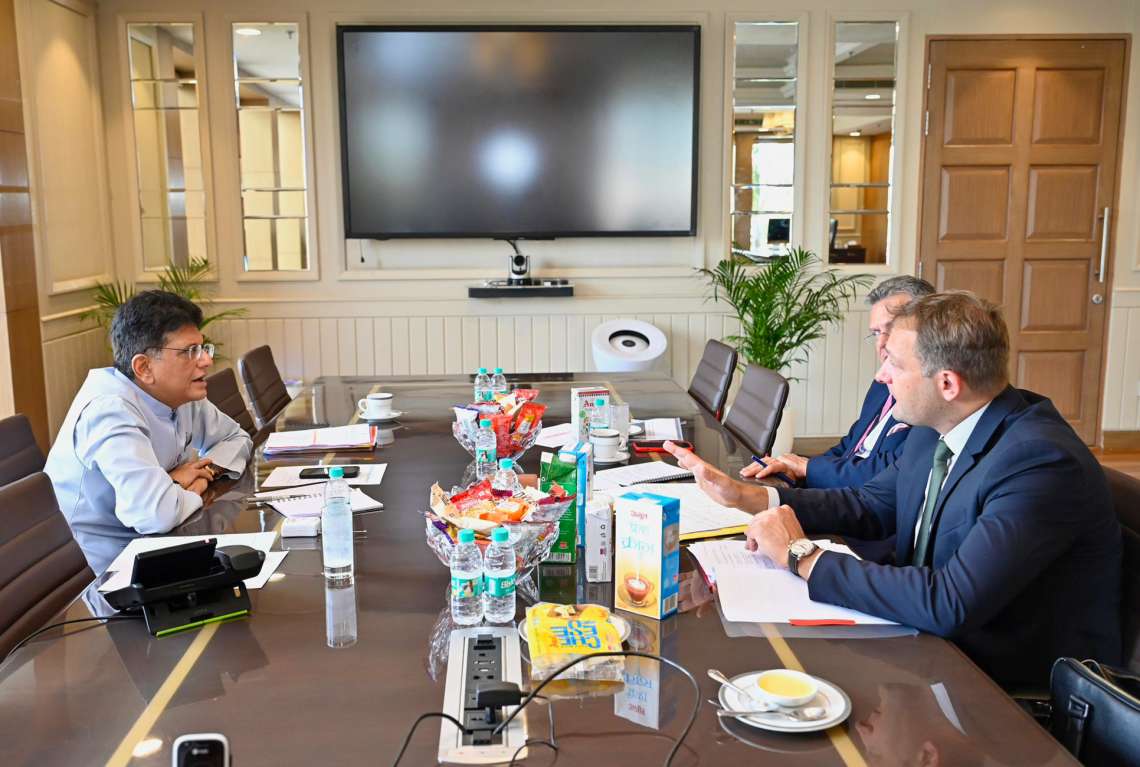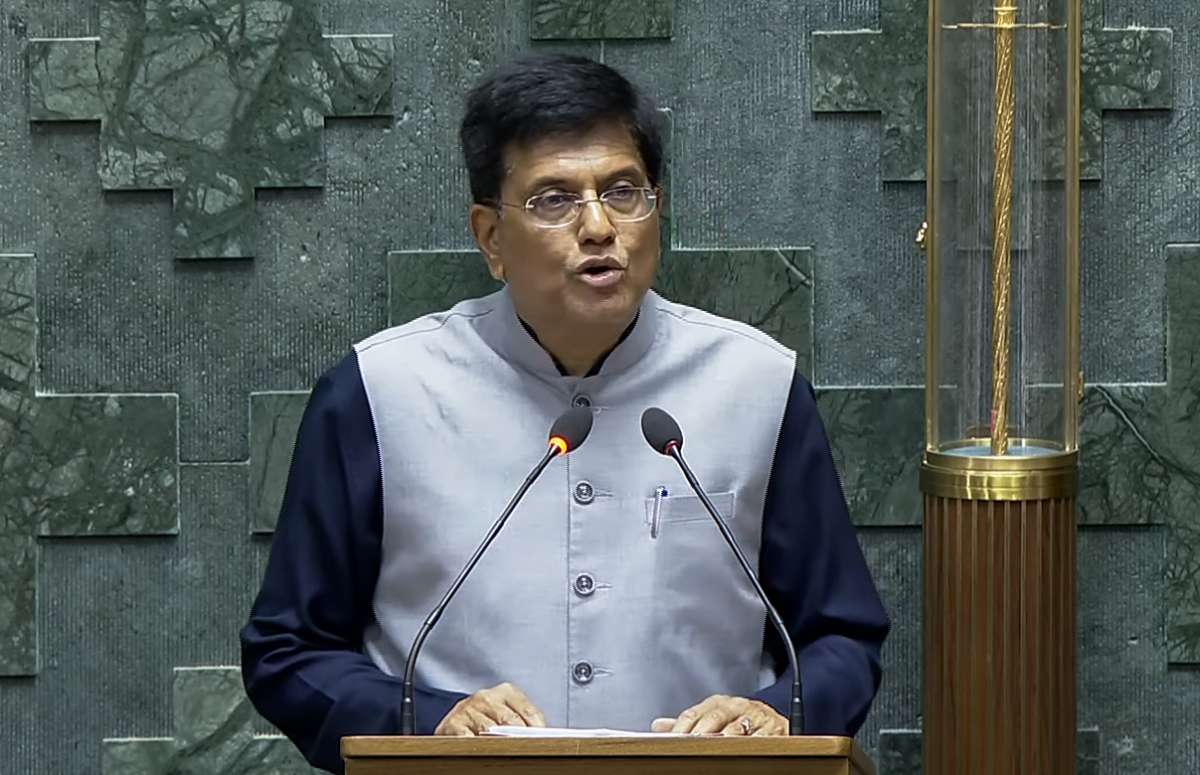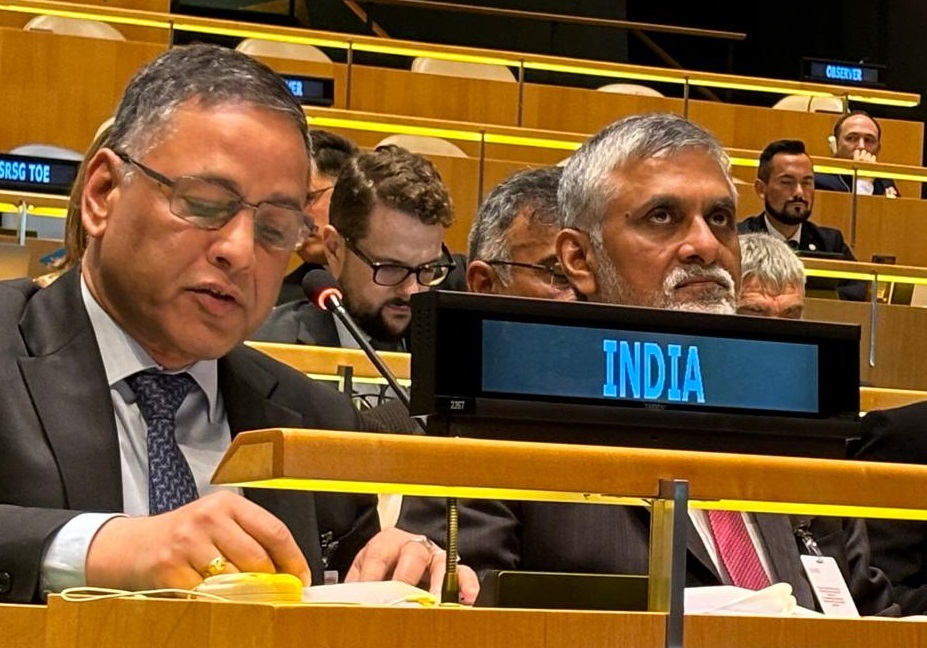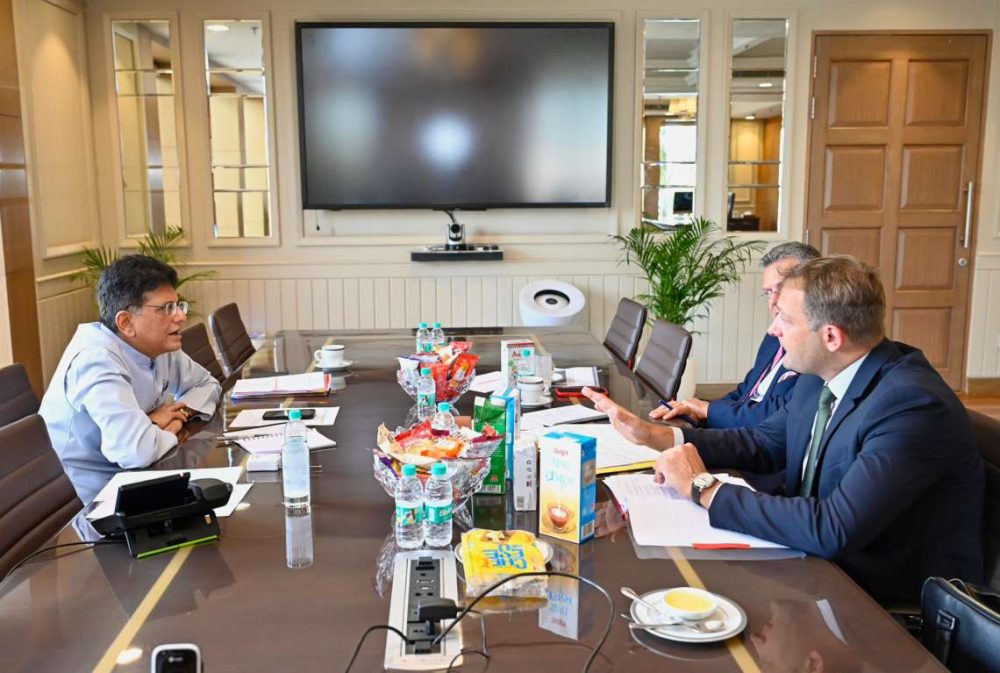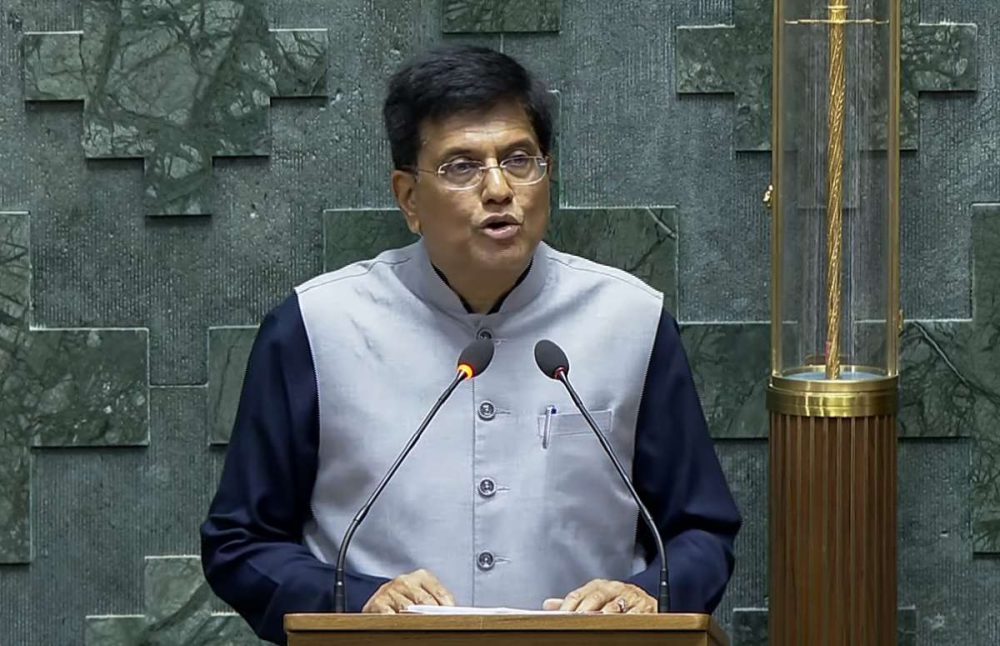Space startups up 200X in just 2 years, India’s share in global space to rise 5X by 2030
The India government has privatised space launches and set an ambitious target to increase the country’s share in the global space sector five-fold by 2030, aiming to grow from the current 2 percent to 10 percent.
Union Minister of State for Science and Technology, Jitendra Singh, highlighted this goal during a recent meeting in New Delhi. He noted a dramatic rise in space startups, increasing from one in 2022 to nearly 200 in 2024. This surge is attributed to the government’s major policy decision to open up the space sector to private participation and foster public-private partnerships (PPP).
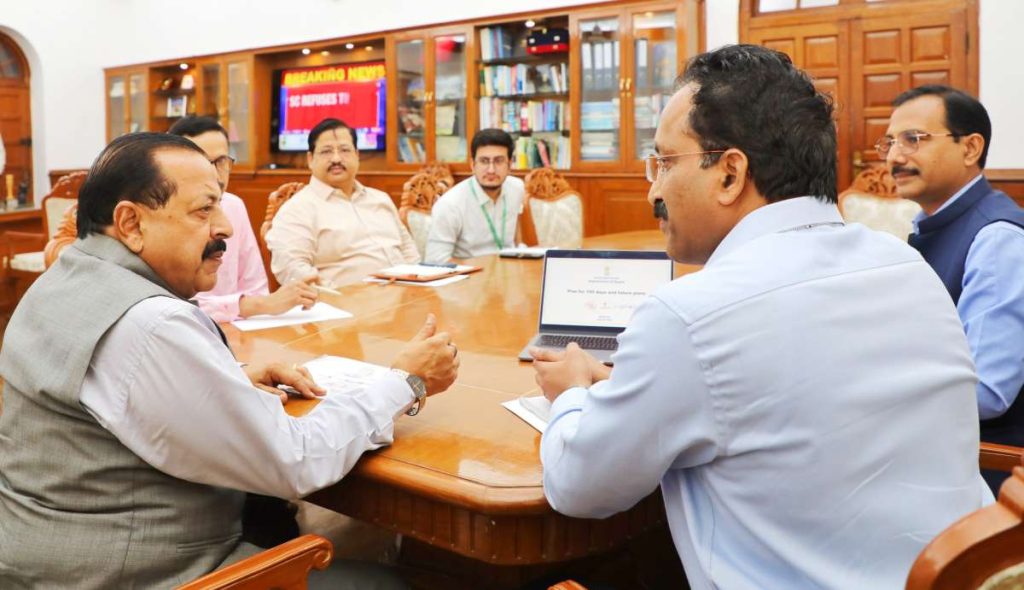
While chairing a high-level meeting with Indian Space Research Organisation (ISRO) chairman S. Somanath, Singh reviewed the Department of Space’s 100-day Action Plan and discussed future space missions. He emphasised the unprecedented growth in space startups and noted that in 2023 alone, nearly Rs 1,000 crore was invested in the sector, involving around 450 MSMEs (Micro, Small, and Medium Enterprises).
Singh projected that India’s share in the global space economy will rise from 2 percent in 2021 to 8 percent by 2030 and further to 15 percent by 2047. Amid the increasing involvement of private players, India currently allows 100 percent foreign direct investment (FDI) in the space sector. Singh mentioned that the private sector could contribute to developing advanced small satellites, geospatial technologies, and orbital transfer vehicles.
According to the World Economic Forum, India hopes that liberalised rules for the space sector will attract interest from companies like Elon Musk’s SpaceX and Jeff Bezos’ Blue Origin. The reform in FDI policy is expected to boost employment and allow companies to set up manufacturing facilities in India.
An article by EY suggests that opening up the Indian space economy to the private sector can bridge the digital divide, introduce innovative space-based services, and position India at the forefront of the spacetech race. The spacetech sector in India has grown significantly, with nearly 200 startups now contributing to the industry, up from just five in 2019.
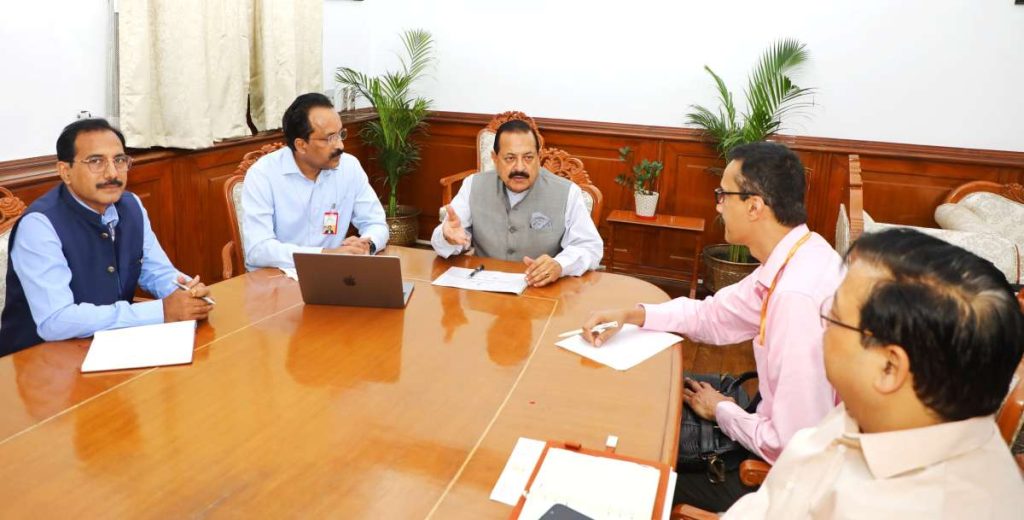
Fintech company CredAble reports that India’s space-tech startup landscape has advanced considerably due to liberalised space economy rules and ISRO’s support. Previously, FDI in the space sector was only allowed through government approval, but the new rules have spurred innovative services and economic growth. The Indian space industry, currently valued at $8 billion, is poised to reach a projected $40 billion by 2040.
India has become a preferred destination for satellite launches, deploying 381 satellites for 34 countries over the past two decades and earning $279 million in revenues. ISRO’s notable missions have inspired a new generation of space enthusiasts and entrepreneurs. According to CredAble, recent technological advances have made space missions more accessible and affordable, and an investment of $22 billion over the next decade will be crucial to achieving the projected fivefold growth and strengthening India’s space economy.
ALSO READ: India fired up for a busy slate of space missions in 2024


